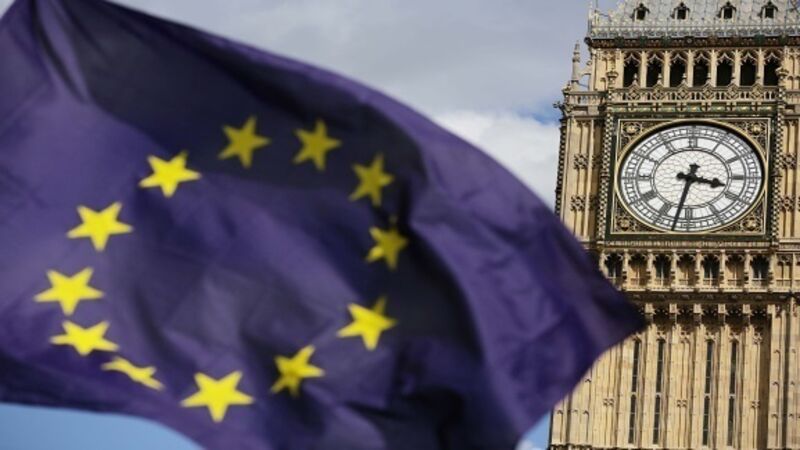Study suggests hard Brexit would hit Ireland more than the UK

Ireland would suffer more from a hard Brexit than Britain, according to a new study.
The joint report compiled by the ESRI and the Department of Finance has found if trade tariffs are imposed, it will increase unemployment by 2%.
















